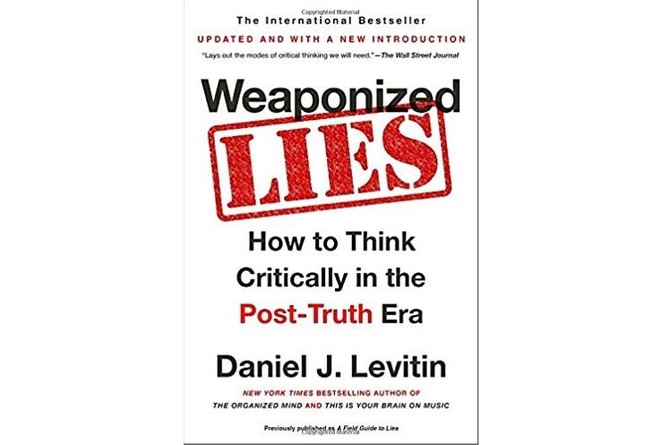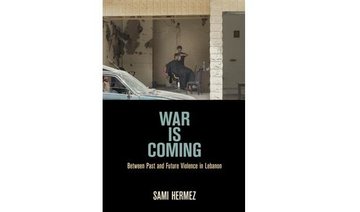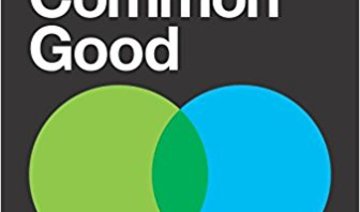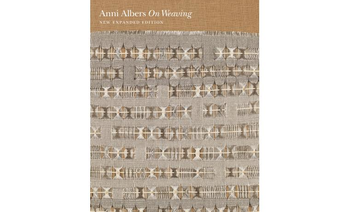The term “fake news” was chosen as the phrase of the year in 2017 by Collins Dictionary. False stories that appear to be true have helped to undermine society’s trust in news reporting.
On Jan. 10, President Emmanuel Macron announced that France would be the first country to shut down alleged fake news websites and social media accounts if they were suspected of interfering with democratic elections.
Dishonest outlets should not be allowed to influence public opinion. But people need to be trained to become critical thinkers. A Stanford University study tested 7,800 students for 18 months and discovered that young people are unable to recognize high-quality news from lies.
Lies have become weapons and they are difficult to detect. “Misinformation is devilishly entwined on the Internet with real information, making the two difficult to separate,” says Daniel Levitin, a neuroscientist, cognitive psychologist and bestselling author.
Misinformation passes from one person to another through a range of social media and spreads around the world. However, governments and powerful individuals have used disinformation to serve their own interests for millennia.
This book shows us, on one hand, how to detect problems with data we encounter on the Internet and, on the other, gives us the tools to think critically, evaluate facts and reach evidence-based conclusions. Students are reading increasingly less. Consequently, “children are not developing good learning habits, they’re not interested in bettering themselves, and they are not intellectually engaged,” writes Levitin.
Most of what we know was either told to us or we read about it. In other words we rely on people with expertise. We should analyze the claims we encounter the same way we analyze statistics and graphs. This is taught in law and journalism schools, and sometimes in business schools and graduate science programs, but rarely to those who need it most.
To reach the truth can be quite an ordeal and the human brain often makes decisions based on emotional considerations. “Even the smartest of us can be fooled. Steve Jobs delayed treatment for his pancreatic cancer while he followed the advice (given in books and websites) that a change in diet could provide a cure. By the time he realized the diet wasn’t working the cancer had progressed too far to be treated,” writes Levitin.
Another important factor is to be able to evaluate the reputation and trustworthiness of experts. So many financial authorities make the wrong predictions, while novices or amateurs turn out to be right.
Some sources are more reliable than others: peer-reviewed articles are more accurate than books, and books by major publishers are more reputable than self-published works. Award-winning newspapers such as The New York Times, The Washington Post and The Wall Street Journal gained their reputations by striving to be constantly truthful in their news coverage. These outlets maintain their standards on their websites. The same cannot be said of some other websites, which fail to live up to the same standards.
Another form of misrepresenting the truth is “counterknowledge”, a term coined by Damian Thompson, a British journalist, referring to misinformation packaged to resemble real facts. Examples are claims that the Moon landings and 9/11 terror attacks in the United States never took place. Merely asking the question “What if it is true” helps the fake news to spread.
In the final section of the book, Levitin tackles scientific thinking and “that includes seeing how, with our imperfect human brains, even the most rigorous thinkers can fool themselves”.
Some researchers make up data. They often get away with it because their peers are not on their guard. A case of fraud was discovered in 2015 when Dong-Pyou Han, a former biomedical scientist at Iowa State University, was found guilty of fabricating and falsifying data about a potential vaccine. He lost his job at the university and was sentenced to almost five years in prison.
The idea that the measles, mumps and rubella (MMR) vaccine may cause autism was propagated by Andrew Wakefield in an article with falsified data that has now been retracted and yet, even now, millions of people continue to believe the link.
The Internet is a powerful democratizing force that allows everyone to express their opinion and enjoy instant access to the world’s information. But critical thinking and updating our knowledge are needed as new information come in.
“We’re far better off knowing a moderate number of things with certainty than many things that might not be so. True knowledge simplifies our lives, helping us to make choices that increase our happiness and save time,” says Levitin.
“Weaponized Lies” warns us about the logical fallacies, the insidious lies and fake news found on the Internet. It also gives us a set of intellectual tools to uncover inaccurate data, deceptive information, fallacious reports and, finally, differentiate between the real, the unreal and even the surreal.
Book Review: Re-thinking strategy in the fight against fake news
Book Review: Re-thinking strategy in the fight against fake news

What We Are Reading Today: Cold War Civil Rights

- Soon after World War II, American racism became a major concern of US allies, a chief Soviet propaganda theme, and an obstacle to American Cold War goals throughout Africa, Asia, and Latin America
Author: Mary L. Dudziak
In 1958, an African American handyman named Jimmy Wilson was sentenced to die in Alabama for stealing less than two dollars. Shocking as this sentence was, it was overturned only after intense international attention and the interference of Secretary of State John Foster Dulles.
Soon after World War II, American racism became a major concern of US allies, a chief Soviet propaganda theme, and an obstacle to American Cold War goals throughout Africa, Asia, and Latin America.
Racial segregation undermined the American image, harming foreign relations in every administration from Truman to Johnson. Mary Dudziak shows how the Cold War helped to facilitate desegregation and other key social reforms at home as the US sought to polish its image abroad, yet how a focus on appearances over substance limited the nature and extent of progress.
What We Are Reading Today: Top Ten Ideas of Physics by Anthony Zee

Could any discovery be more unexpected and shocking than the realization that the reality we were born into is but an approximation of an underlying quantum world that is barely within our grasp? This is just one of the foundational pillars of theoretical physics that A. Zee discusses in this book. Join him as he presents his Top Ten List of the biggest, most breathtaking ideas in physics—the ones that have fundamentally transformed our understanding of the universe.
“Top Ten Ideas of Physics” tells a story that will keep readers enthralled, along the way explaining the meaning of each idea and how it came about. Leading the list are the notions that the physical world is comprehensible and that the laws of physics are the same here, there, and everywhere.
As the story unfolds, the apparently solid world dissolves into an intertwining web of dancing fields, exhibiting greater symmetries as we examine them at deeper and deeper levels.
What We Are Reading Today: Forest Euphoria by Patricia Ononiwu Kaishian

In “Forest Euphoria,” Patricia Ononiwu Kaishian introduces readers to the queerness of all the life around us.
In snakes, snails, and, above all, fungi, she saw her own developing identities as a queer, neurodivergent person reflected back at her — and in them, too, she found a personal path to a life of science.
Nature, Kaishian shows us, is filled with the unusual, the overlooked, and the marginalized — and they have lessons for us all.
What We Are Reading Today: ‘You Will Find Your People’

Author: Lane Moore
Most would agree adult friendship is hard. TV shows made us believe we would grow up with a tight-knit group of best friends, but real life often looks very different.
In her 2023 book “You Will Find Your People: How to Make Meaningful Friendships as an Adult,” Lane Moore walks us through this tough reality.
It opens with the line: “I really thought I would have friends by now.” Relatable, right? Moore reflects on how the ages of 18 to 22 years old are prime friendship years. After that, things get harder.
As the author of “How to Be Alone” (2018), Moore shifts from solitude to connection. She explores how making friends as adults — especially for those with trauma or rejection — is a messy, emotional process.
Friendship, she says, can feel like a game of musical chairs that started before we noticed.
The book is not a tidy guide. There are no checklists or guaranteed strategies. Instead, Moore offers her own stories — raw, funny, and deeply honest.
She speaks to those who have felt left out or always been “too much.”
For the exhausted over-givers and the hopeful hearted, this book does not offer easy answers — but it does offer comfort. And sometimes, that is enough.
Also, she dedicates it to her dog.
What We Are Reading Today: The Ghana Reader

Editors: Kwasi Konadu, Clifford C. Campbell
“The Ghana Reader” provides historical, political, and cultural perspectives on this iconic African nation.
Readers will encounter views of farmers, traders, the clergy, intellectuals, politicians, musicians, and foreign travelers about the country.
With sources including historical documents, poems, treaties, articles, and fiction, the book conveys the multiple and intersecting histories of the country’s development as a nation and its key contribution to the formation of the African diaspora, according to a review on goodreads.com.


















